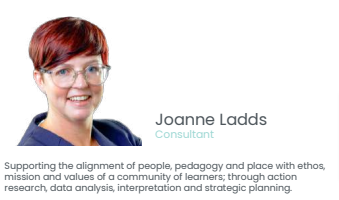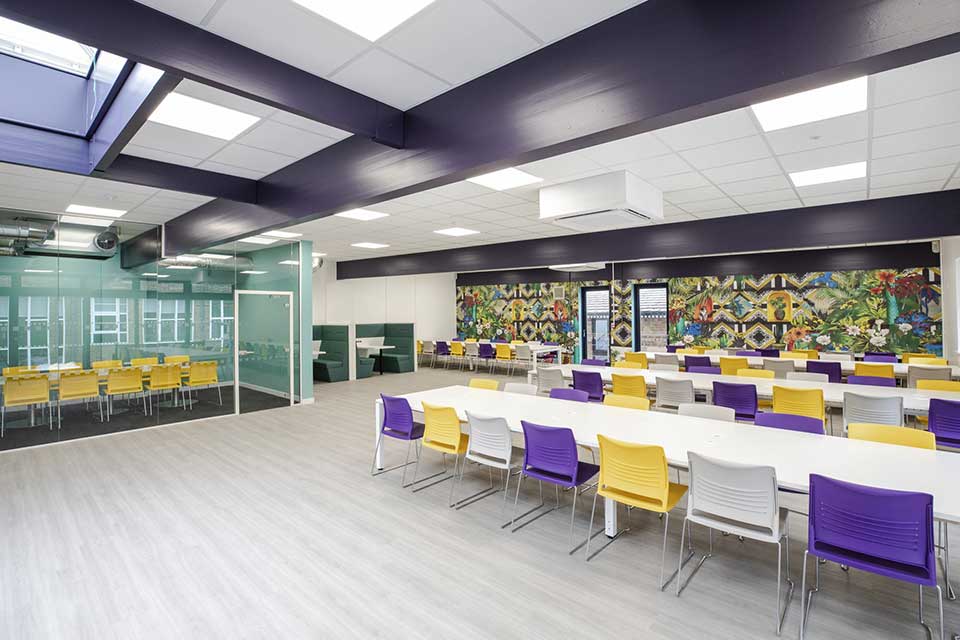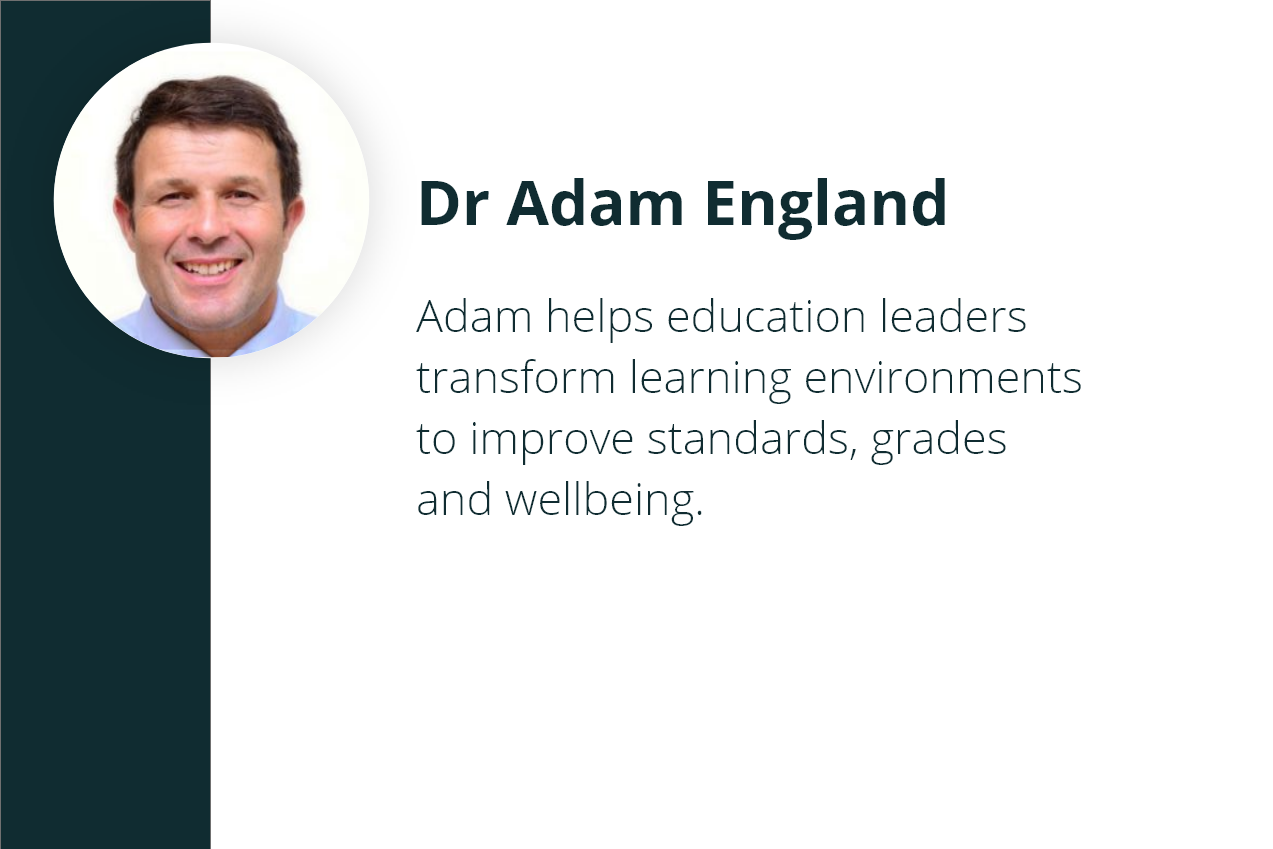A Mathematical Problem For Prime Minister Rishi Sunak


Here is Noble and Eaton’s Associate Consultant Dr Joanne Ladds’ thoughts:
We need to teach children how to learn and to love learning. We all learn in different ways and therefore have strengths in different areas. For too long we have tried to develop our weaknesses rather than focusing on our strengths.
Currently GCSEs and A Levels teach subjects in silos with a specialist teacher delivering content to be memorised. This is then tested. Our teachers have not been taught how to teach children to learn, they have been taught how to pass on knowledge.
Whilst the assessments remain the same, creative subjects are being pushed out to make time for English and Maths – but in fact we need them all! Project based learning, self directed learning. We need to be teaching young people how to learn, how to be resilient, how to communicate, how to collaborate, how to care.
How does making someone study more maths help? It is more likely to put them off further and give teachers an even more difficult job! In addition, there has been a shortage of maths teachers for some time…where will we find the teachers to staff the teaching? Or will this be an online course? With no support, those who find maths challenging will make no progress at all.
Putting useful maths into the curriculum – maths that can be applied to everyday finance e.g. loans, mortgages, interest rates etc would be a better solution.
We look to other countries and the data as to why they are doing so well. Maths in China is seen as the best, and something we should be aiming for…but why? Could it be that Chinese students are so good at maths because of the way in which they have been taught to learn? They have to learn 2000 Chinese characters to be able to communicate. This type of learning supports the learning of trends and patterns, which is key for maths.
However, without creativity they can’t come up with solutions to problems and I believe this is the added special gem that makes the difference.
A wise comment on this comes from South Korea’s former education minister, Professor Ju-Ho Lee. Looking at the highest youth suicide rate in the world, he declares that “test scores may be important in the age of industrialisation”, but that is over. Schools should turn their attention to “creativity and social and emotional capacities”.
Lets not be out of date, lets look forward, let prepare the next generation for a positive future. We can’t do that if we copy others, or just carry on doing the same ‘because it has always been that way’. Lets focus on people, lets focus on pedagogy, lets focus on place. Schools are amazing places with unique cultures. Lets be proud but not complacent.




